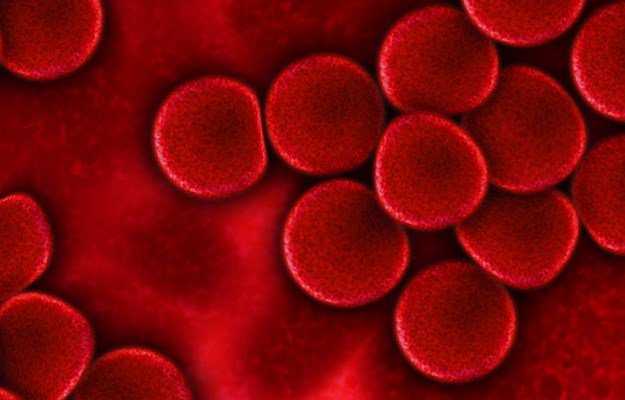What is follicular lymphoma?
Follicular lymphoma is a type of non-Hodgkin lymphoma, which affects the lymphatic system. It is a slowly progressing condition, which may be unrecognizable at first and people may remain symptom-free for years. Though it has a high relapse rate. It is more commonly seen in the elderly beyond 60 years of age. The incidence in men and women was found to be 2.9/100,000 and 1.5/100,000, respectively. India witnesses a lower incidence of the condition as compared to other countries in the West.
What are its main signs and symptoms?
It is a slow-paced disease, so the symptoms appear gradually. The most common presentation is appearance of lumps around the neck, underarms, and the groin region. The other symptoms include:
- Weight loss
- Reduced food intake
- Raised body temperature
- Susceptibility to infection
- Heavy sweating at night
- Feeling extremely tired without much activity (Read more: Fatigue causes)
Complications may include:
- Low haemoglobin levels
- Decreased platelet count
- Reduced neutrophil count
What are its main causes?
The exact cause behind follicular lymphoma is still unknown. It is non-contagious and mainly occurs as a result of exposure to any harmful agents that can trigger lymphoma. It is not genetic, but usually acquired due to radiation exposure, toxins, and any infectious agents. Lifestyle factors may play a role in the development of this condition, these include smoking, excess alcohol consumption, and high Body Mass Index (BMI).
How is it diagnosed and treated?
Follicular lymphoma can be diagnosed by physical examination and symptoms. Blood test may be ordered to check for any underlying condition. Other diagnostic tests include:
- Bone marrow assessment
- CT scan
- PET scan
The physician may wait to see if the condition is progressing since the symptoms are gradual. Once it is established, following treatments may be used:
- Combination of chemotherapeutic agents
- Targeted therapy
- Maintenance therapy
- Radiation
- Stem cell transplantation
Self-care tips:
- Prompt symptom management is the key to effective treatment.
- Avoid junk food and alcohol, as it can lessen the severity
Follicular lymphoma is a gradually progressing form of cancer which needs to be monitored whenever symptoms occur.

 OTC Medicines for Follicular Lymphoma
OTC Medicines for Follicular Lymphoma















